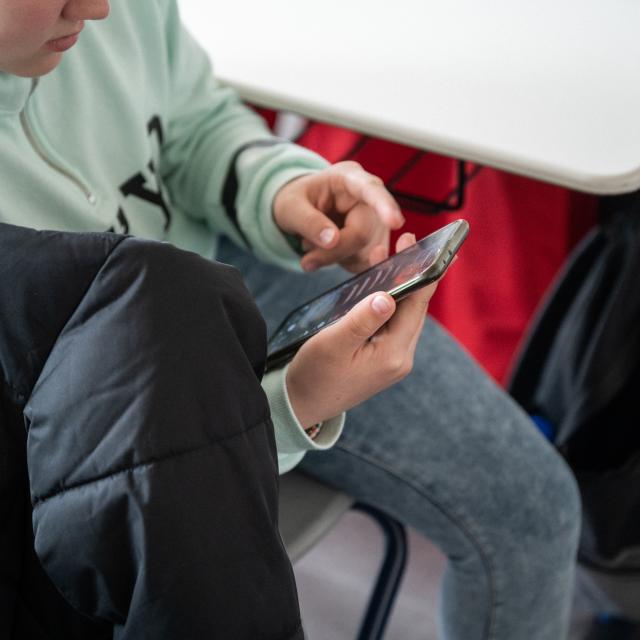In search of lost boredom
By Misch Pautsch, Eric Engel, Lex Kleren Switch to German for original article
Discussions about the use of mobile phone and screen time are as topical as ever and at the same time old hat. But even though most people are aware of the potential dangers, it is hard to break the habit – yet mental idleness is enormously important, especially for children. Why we need to learn to get bored again.
It's been a long time since teenagers went to bed early. Many would probably argue that this time has never existed: But the trends are clear: "Studies show quite clearly: Young people between the ages of 12 and 19 now sleep on average about six hours a night, instead of eight", says Marc Bressler, a psychotherapist at the Centre for Excessive Behaviour and Behavioural Addiction (Zentrum für exzessives Verhalten und Verhaltenssucht, ZEV). "Instead, they are on their mobile phones or tablets for increasingly long periods." Smartphones are increasingly becoming a new limb of the human body that is hard to imagine life without, especially for young people. But they are also – colloquially – depriving the ZEV psychology team of sleep. And not only because of their effect on the sleeping habits of young people.
"It is actually just a cool device. Super convenient", emphasises Charlotte Pull, also a psychologist at ZEV. She and her colleague are careful to strike a balance between criticism and trivialisation when it comes to young people's screen consumption. To demonise the omnipresent devices across the board would be wrong and, above all, pointless. But they cannot ignore the difficulties they sometimes cause. The team of psychologists is anything but hostile to technology and sits between various game consoles of the last generation for the interview – "after all, we want to know what we are talking about".
You want more? Get access now.
-
One-year subscription€185.00/year
-
Monthly subscription€18.50/month
-
Zukunftsabo for subscribers under the age of 26€120.00/year
Already have an account?
Log in


